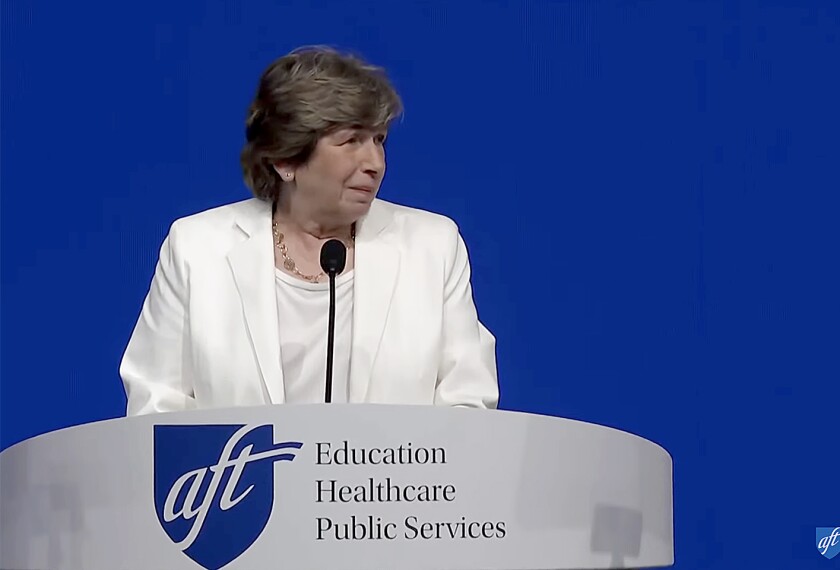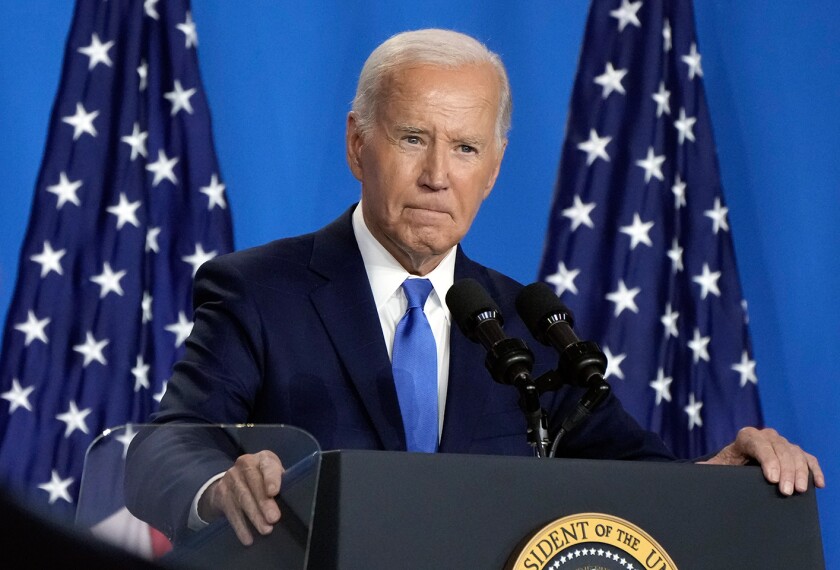A national study released today casts doubt on whether the academic performance of students in charter schools is any better than that of their peers in regular public schools.
Looking at 2,403 charter schools in 15 states and the District of Columbia, researchers at Stanford University found that students in more than 80 percent of charter schools either performed the same as—or worse than—students in traditional public schools on mathematics tests.
Specifically, researchers at the Center for Research on Education Outcomes at Stanford found that:
• Thirty-seven percent of the taxpayer-funded but largely independent schools posted gains that were “significantly below” what their students would have realized if they had enrolled in their local traditional public schools instead.
• Forty-six percent of charters produced learning gains that were indistinguishable from their local public schools’.
• Seventeen percent of charters posted growth that exceeded that of their regular public school equivalents by a “significant amount.”
“If this study shows anything, it shows that we’ve got a two-to-one margin of bad charters to good charters,” said Margaret E. Raymond, the director of the center and the study’s lead author. “That’s a red flag.”
To produce the study, “Multiple Choice: Charter School Performance in 16 States,” researchers used student-level longitudinal data from each of the participating states and the District of Columbia. They created a “virtual twin” from local public schools that matched each charter school student’s profile according to race and ethnicity, eligibility for the federal subsidized-meals program, participation in special education programs, English-language proficiency, and starting test scores.
The researchers also did a state-by-state analysis of charter school results and a nationwide analysis of the impact of charter schools on students in various subgroups.
The national analysis showed that, in general, charter schools have different effects on students based on their family backgrounds. African-American and Hispanic students were found to do worse in charter schools, while students from low-income families and English-language learners performed better.
Ms. Raymond and her team found wide variation in charter school performance, depending on the states the schools operated in. Charter schools in Arkansas, Denver, Chicago, Louisiana, and Missouri produced learning gains that greatly outstripped local public schools’. Charters in Arizona, Florida, Minnesota, New Mexico, Ohio, and Texas produced slower learning gains, while those in California, the District of Columbia, Georgia, and North Carolina showed gains that varied little from those of their regular public school counterparts.
Such disparities in performance, Ms. Raymond said, depended on each state’s charter school law and policies, including whether the state imposes caps on the number of charters and whether it allows multiple entities to authorize the schools. States with multiple authorizers produced slower academic growth, the study found, while charter school students in states with caps performed worse than pupils in states without caps.
“It’s like when you were a kid, you always wanted the most lenient baby sitter, the one who would let you get away with murder,” Ms. Raymond said. “That’s what these results demonstrate.”
Right Question?
Robin Lake, a nationally known charter school researcher who is not connected with the Stanford study, said the differences between states reinforce what earlier studies have found.
“It’s almost meaningless to try and assess the average national performance of charter schools,” Ms. Lake, the executive director of the National Charter School Research Project at the University of Washington, wrote in an e-mail. “That kind of variation is to be expected in a reform that is supposed to produce experimentation and innovations. But over time, states should be asked to show that they are closing schools that don’t work and replicating successful practices.”
The findings come amid rising prominence for the nation’s 4,600 charter schools, as President Barack Obama and U.S. Secretary of Education Arne Duncan are calling for the expansion and replication of charters as one pillar of their strategy to improve student achievement in poor communities.
That pro-charter rhetoric is being bolstered by financial leverage, as Mr. Duncan has pledged to favor states with charter-friendly policies in awarding grants from the $4.35 billion Race to the Top fund, part of the aid slated for education under the American Recovery and Reinvestment Act.
The study also comes as charter school leaders and advocates prepare to gather for a national conference next week in Washington, and will no doubt spark fierce debate within and outside the charter school movement.
“For those who argue that charter schools hold the key to raising academic performance and closing achievement gaps, the findings overall have to be considered as negative,” Jeffrey R. Henig, an education professor at Teachers College, Columbia University, wrote in an e-mail.
Mr. Henig said the Stanford report, along with others that have similarly compared charter school and traditional public school performance, is more evidence that asking which of the two types of schools is better “may be the wrong question.”
“So despite partisan and ideological debates that continue to invest in trying to show one or the other to be the clear ‘winner,’ ” Mr. Henig wrote, “the tougher questions that we still need to answer relate to why some teachers and some schools in both sectors do better than others in the same sector.”
The study was supported in part by funding from pro-charter groups such as the the Walton Family Foundation and the Michael and Susan Dell Foundation, which Mr. Henig said would make it less likely for the results to be dismissed by charter school proponents.





